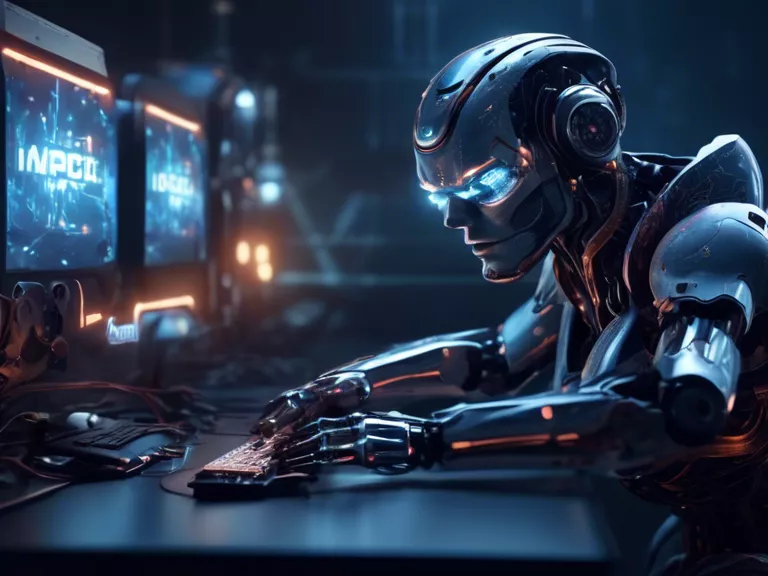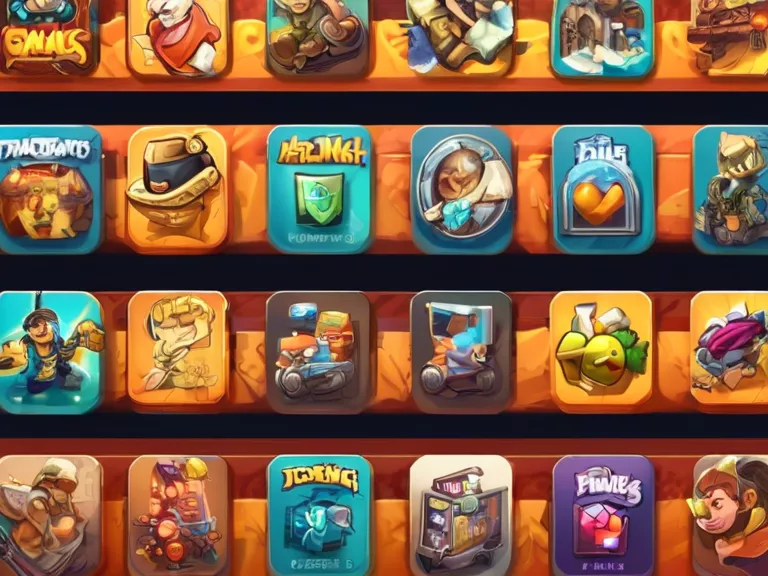
Artificial Intelligence (AI) has revolutionized modern gaming experiences, enhancing gameplay, graphics, and overall immersive environments. This article delves into the impact of AI in gaming, exploring how it has transformed the industry and player experiences.
One of the key ways AI has influenced gaming is through the development of intelligent NPCs (Non-Player Characters). These NPCs are no longer limited to following pre-programmed paths but can now adapt and react to player actions in real-time. This dynamic behavior creates a more realistic and challenging gaming experience, as players must strategize and adapt to unpredictable AI opponents.
AI has also been instrumental in enhancing graphics and visuals in games. Through techniques like machine learning and neural networks, AI algorithms can generate incredibly lifelike environments, characters, and animations. This level of detail and realism immerses players in the game world like never before, blurring the line between virtual and reality.
Furthermore, AI has revolutionized game development itself, streamlining processes and reducing the time and resources required to create complex gaming experiences. From procedural generation of game levels to optimizing in-game mechanics, AI technologies have enabled developers to push the boundaries of what is possible in gaming.
In addition to gameplay and visuals, AI has also enhanced player experiences through personalized recommendations and adaptive difficulty settings. By analyzing player behavior and preferences, AI algorithms can tailor the gaming experience to each individual, providing challenges that are engaging and rewarding.
Overall, the impact of AI in modern gaming experiences is profound, shaping the industry in ways that were once unimaginable. As AI technology continues to advance, we can expect even more groundbreaking innovations that will push the boundaries of gaming further into the future.



